On the morning of November 4th, the National Assembly convened in the Assembly Hall to hear the presentation and the review report on the draft Law on Personal Income Tax (amended) and the draft Law on Saving and Combating Waste.
Ensuring fairness for taxpayers across different income groups.
The draft Law on Personal Income Tax (amended), presented by Minister of Finance Nguyen Van Thang, clearly states that the draft Law has adjusted the progressive tax rate schedule applied to resident individuals with income from salaries and wages by reducing the number of tax brackets from 7 to 5 and widening the gap between the brackets.
.jpg)
During the drafting process of the Law, in the documents sent for comments from ministries, sectors, localities, National Assembly delegations, and relevant organizations and individuals, the drafting agency proposed two options for the Tariff Schedule.
Option 1: Amend the tax schedule to have 5 brackets with intervals between brackets of 10, 20, 20, and 30 million VND respectively. The 5 brackets correspond to tax rates of 5%, 15%, 25%, 30%, and 35%, with the final bracket at 35% applied to taxable income exceeding 80 million VND/month.
According to calculations, along with the adjustment of the new personal allowance, this revised tax schedule will reduce revenue by approximately 26,400 billion VND per year.
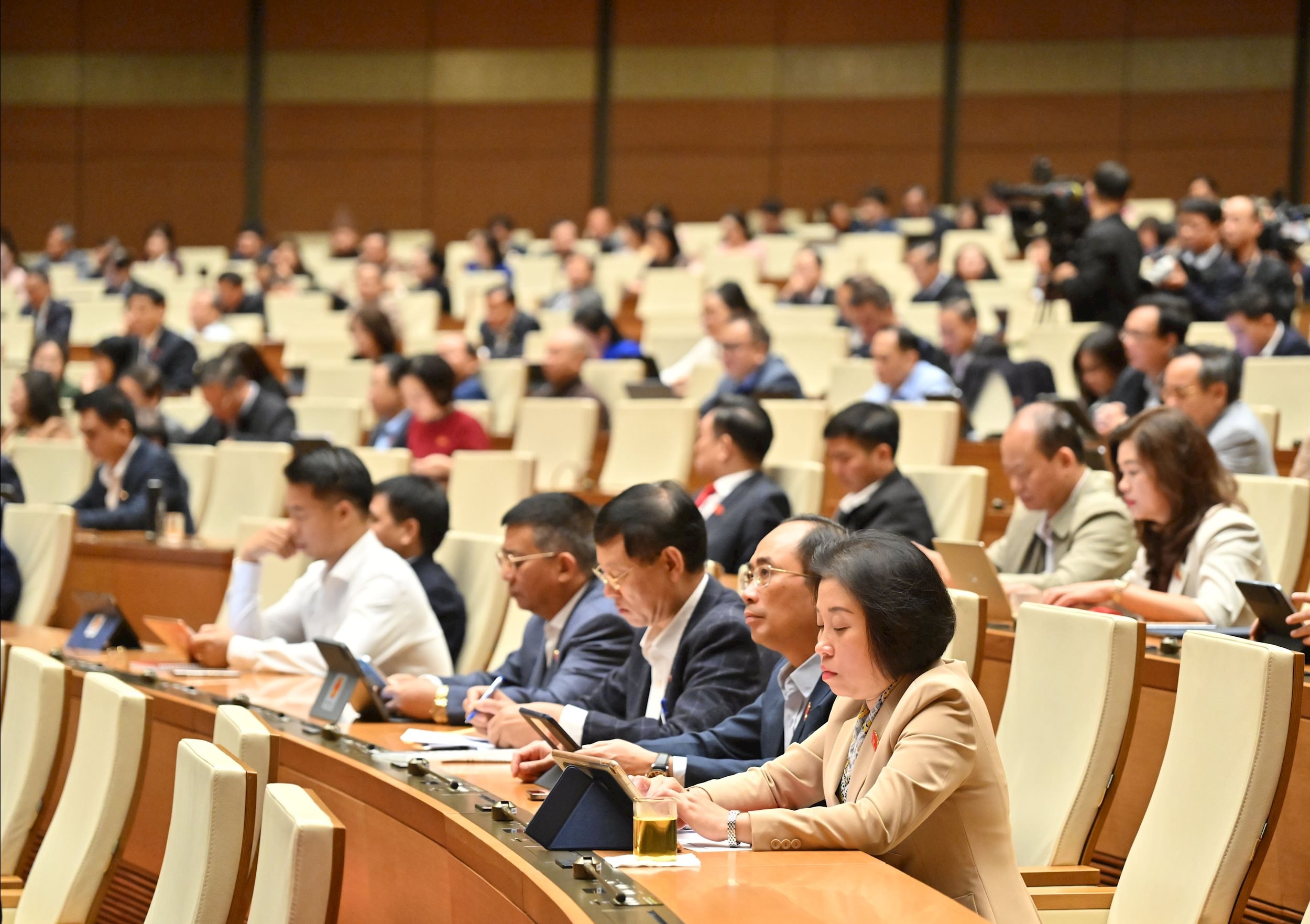
Option 2: Amend the tax schedule to 5 brackets with progressively increasing intervals of 10, 20, 30, 40 million VND and tax rates similar to Option 1 (5%, 15%, 25%, 30%, 35%), with the final tax bracket at 35% applied to taxable income exceeding 100 million VND/month.
According to calculations, along with the adjustment of the new personal allowance, this revised tax schedule will reduce revenue by approximately 27,400 billion VND per year.
Based on the feedback received, the majority agreed with Option 2, and the Government submitted this Option 2 to the National Assembly. According to this Option, the tax revenue collection rates for most brackets are reduced compared to the current system.
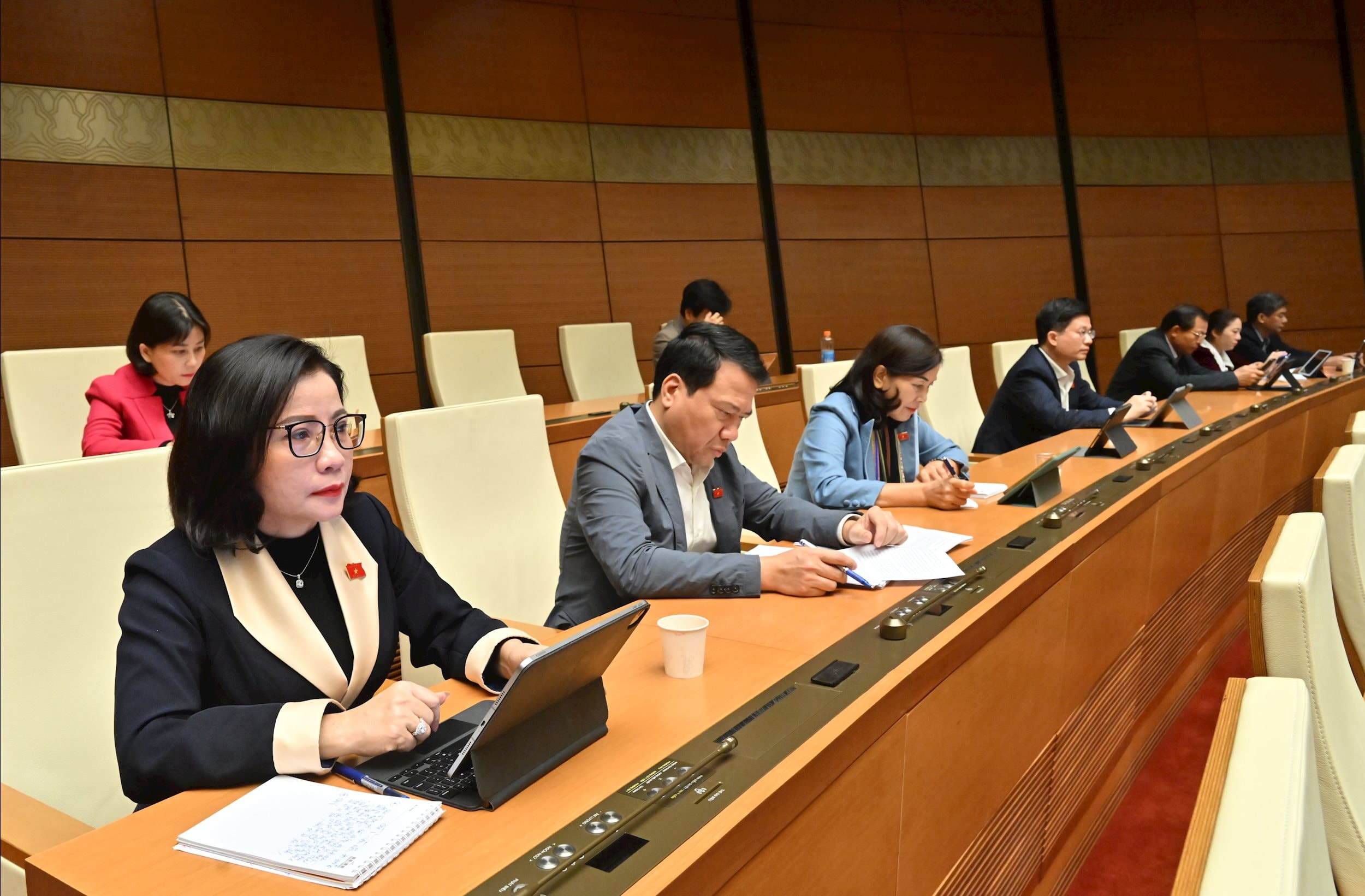
"However, based on the opinions from the review and discussions in the working groups and the plenary session of the National Assembly deputies, the Government will conduct a comprehensive study and make further thorough assessments to ensure reasonableness, and report to the National Assembly for consideration," the Minister of Finance emphasized.
The report on the draft Law on Personal Income Tax (amended), presented by the Chairman of the Economic and Finance Committee, Phan Van Mai, stated that the draft law adds income from the transfer of gold bars to the list of taxable income. Many opinions suggested that the taxation of gold bar transfers should be carefully considered to avoid disadvantages for individuals whose gold transactions are not for speculative or business purposes; that taxing savings from gold may not be humane, socially sound, or economically beneficial; and that the Government should provide information on the expected implementation date of these regulations.
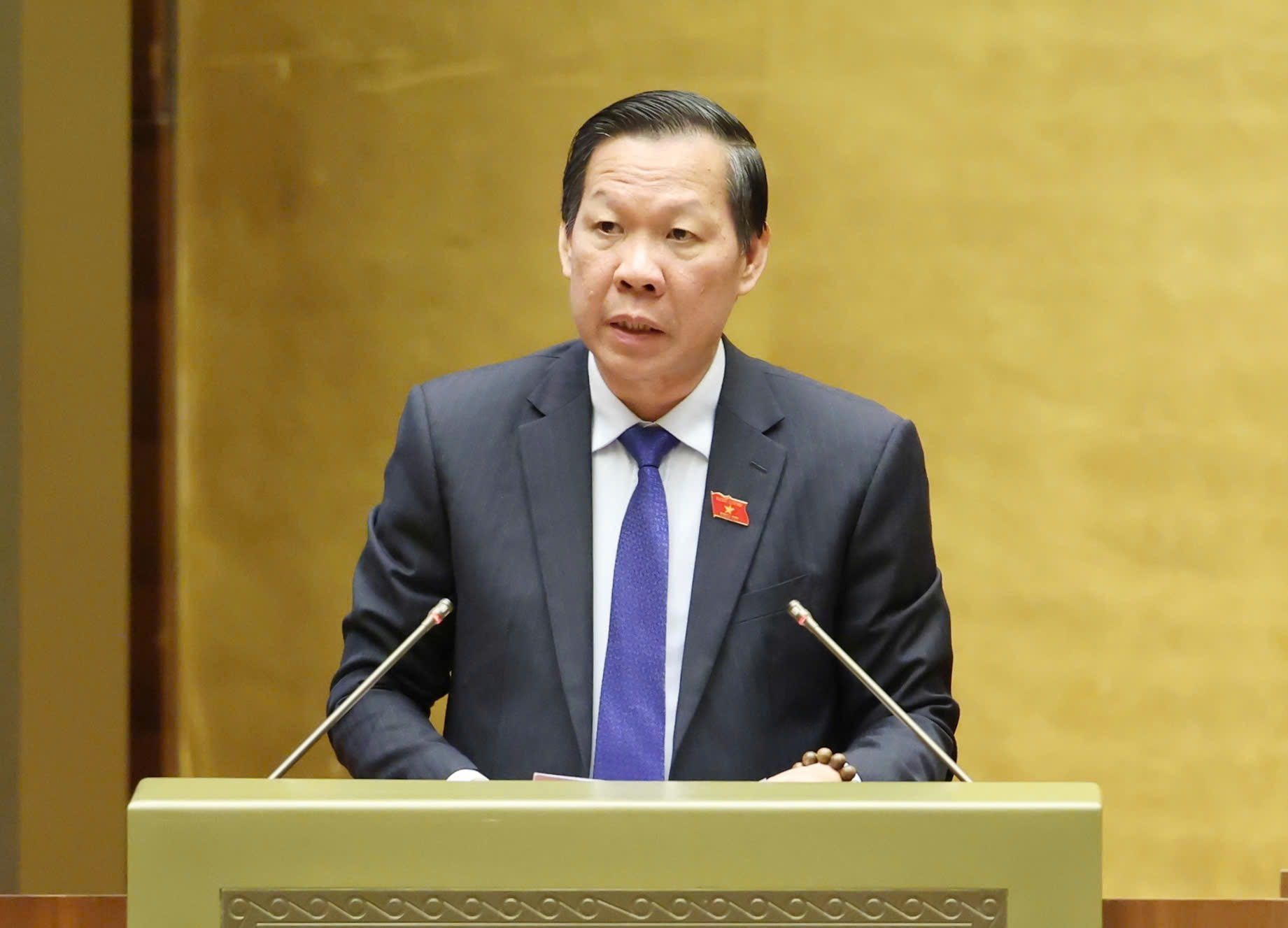
Regarding the progressive tax rate schedule, many concerns have been raised about the reasonableness of the proposed adjustments to income thresholds and corresponding tax rates in the schedule. This is because some taxable income ranges in the draft law create a greater personal income tax burden for taxpayers, while most other taxable income ranges result in lower tax obligations compared to the current law. This does not ensure fairness for taxpayers across different income groups.
Emphasize the responsibility of the head of the agency or organization.
According to the draft Law on Savings and Combating Waste presented by Minister of Finance Nguyen Van Thang, the draft Law specifically stipulates 7 groups of rights and responsibilities of heads of agencies and organizations and 6 groups of rights and responsibilities of officials, civil servants, and public employees in the State sector.
.jpg)
In particular, it emphasizes that the head of an agency or organization must bear personal responsibility in cases where they fail to implement or improperly implement legal regulations on preventing and combating waste, or allow acts of wastefulness to occur within the scope of their agency, organization, and assigned management area.
Examples include: failing to issue, delaying the issuance of, or failing to organize the implementation of programs and plans for saving and combating waste within the scope of the agency, organization, and assigned management area; failing to issue, delaying the issuance of, or issuing illegal documents that cause waste; failing to report, delaying reporting, or reporting incomplete information as required by competent state agencies…
The report on the draft Law on Savings and Anti-Waste was presented by the Chairman of the Economic and Finance Committee, Phan Van Mai. Accordingly, the Committee believes that wasteful behavior and violations in the organization and implementation of waste prevention and control are important contents of the Law on Savings and Anti-Waste.
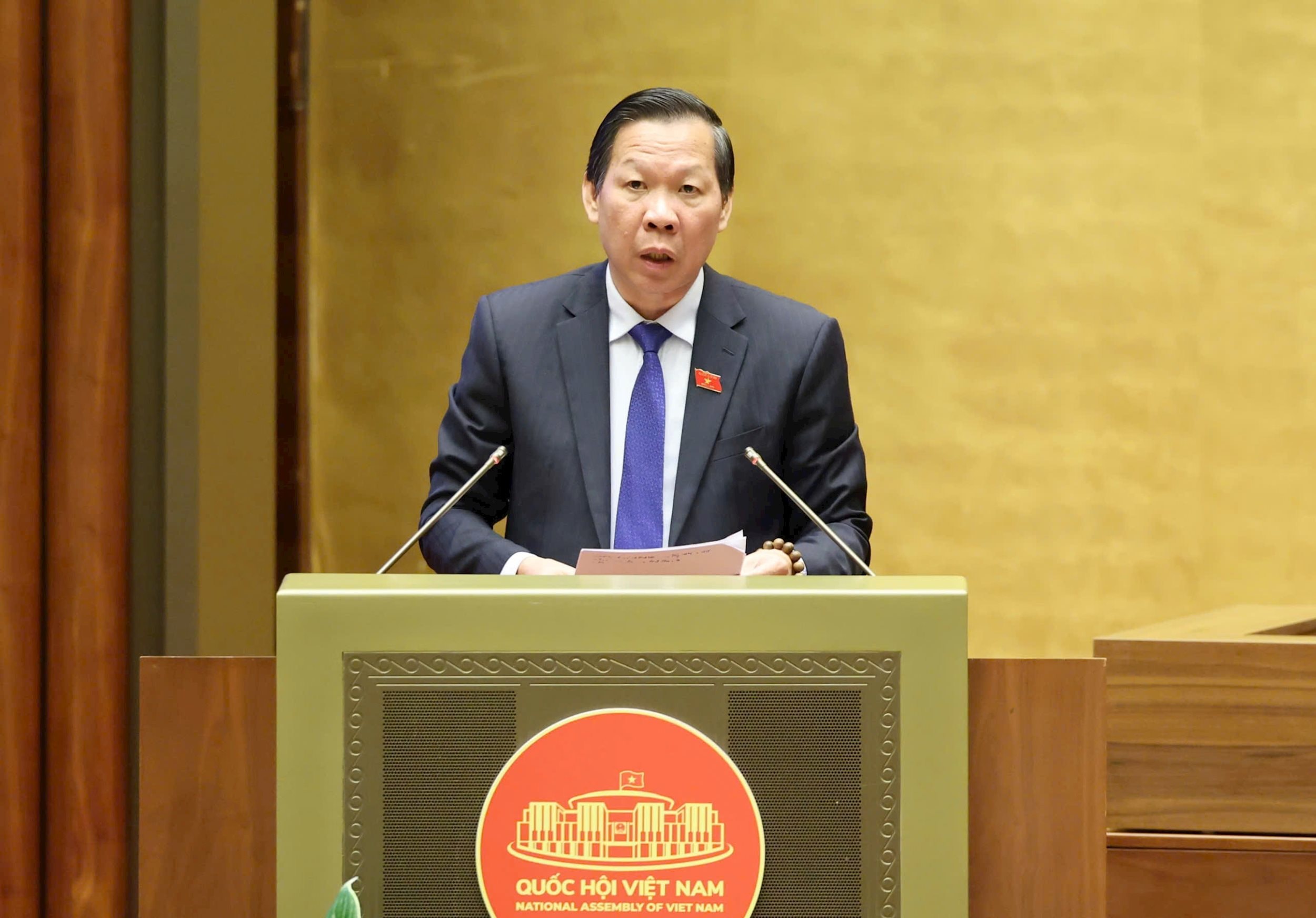
"Specifying and clearly defining wasteful and violating behaviors in the implementation of waste prevention and control will increase the transparency and feasibility of the Law; clearly identify wasteful and violating behaviors; create a legal basis for building internal regulations, control mechanisms, and sanctions; promote prevention instead of dealing with consequences; strengthen public trust in waste prevention and control efforts, and reinforce public service discipline; and make it easier for officials and civil servants to understand and comply," the Chairman of the Economic and Financial Committee emphasized.
The Economic and Financial Committee unanimously agreed to only stipulate a framework, based on principles, regarding the group of wasteful behaviors and the group of violations in the organization and implementation of waste prevention and control (these are violations of procedures and responsibilities when implementing waste prevention and control work, which do not directly cause waste, but reduce the effectiveness of prevention and control).
.jpg)
However, it is suggested that the drafting agency research and inherit the provisions still in effect in Chapter II of the current Law on Practicing Thrift and Combating Waste, institutionalize the Party's policies and guidelines in the new situation, and refine the definition of wasteful behavior by specifying acts that directly cause waste in the management and use of resources according to groups of sectors, linked to management standards such as norms, standards, and procedures.
Source: https://daibieunhandan.vn/quy-dinh-cu-the-ro-rang-hanh-vi-lang-phi-10394284.html



![[Photo] Prime Minister Pham Minh Chinh presides over the conference announcing the establishment of the International Finance Centre in Vietnam.](/_next/image?url=https%3A%2F%2Fvphoto.vietnam.vn%2Fthumb%2F1200x675%2Fvietnam%2Fresource%2FIMAGE%2F2025%2F12%2F21%2F1766309817714_ndo_br_dsc-3400-jpg.webp&w=3840&q=75)


![[Photo] Prime Minister Pham Minh Chinh presides over a meeting on private sector economic development.](/_next/image?url=https%3A%2F%2Fvphoto.vietnam.vn%2Fthumb%2F1200x675%2Fvietnam%2Fresource%2FIMAGE%2F2025%2F12%2F20%2F1766237501876_thiet-ke-chua-co-ten-40-png.webp&w=3840&q=75)

![[Podcast] National Assembly approves personal allowance deduction of VND 15.5 million/month](https://vphoto.vietnam.vn/thumb/402x226/vietnam/resource/IMAGE/2025/12/10/1765340032834_hnm-1cdn-vn-thumbs-540x360-2025-11-04-_hnm-1cdn-vn-thumbs-540x360-2025-06-27-a7b22b8722-_thu.jpeg)


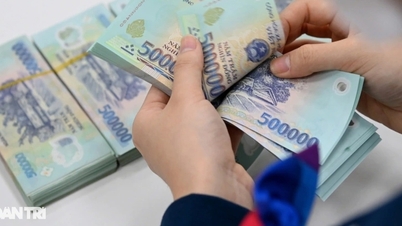

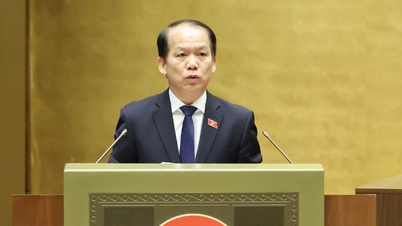




























































































Comment (0)